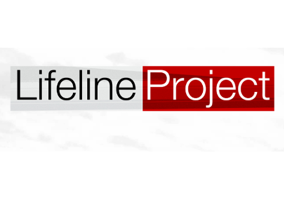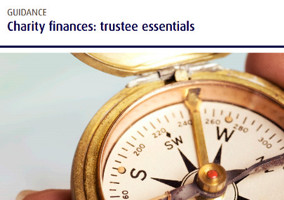The UK’s largest charities are overstating their free reserve levels and could theoretically operate for only three months without further income, according to exclusive research conducted for Charity Finance magazine.
Accountancy firm BDO looked at the reserves policies the top 50 charities in the haysmacintyre / Charity Finance Charity 100 Index, but excluded two of the largest grantmakers from its analysis because they distorted the figures.
The stated free reserves of the 48 charities combined was £1.8bn. But when BDO looked through the accounts it recalculated the figure at £1.5bn, which is 19 per cent less than the charities' stated amount.
In an article for Charity Finance magazine, published today, Don Bawtree, head of not-for-profit at BDO, writes that the discrepancy is due to variations in charities reserves methodologies. For example, five organisations include fixed assets within their reserves, accounting for a combined £75m overstatement.
Other differences arise, he says, due to charities mistakenly deducting pension deficits, not matching borrowing to assets and including restricted funds in their reserves.
Grantmaking charities Wellcome Trust and the Children’s Investment Fund Foundation UK were excluded from BDO’s research as they were deemed of such size that they distorted the findings.
The remaining 48 charities were found to hold total funds of £18.2bn, of which £4.6bn is unrestricted, including £2.7bn in fixed assets. Their combined unrestricted expenditure is £6.9bn.
Bawtree says that once fixed assets are excluded, “this theoretically means these charities could operate for three months without any further income.”
SORP review
Bawtree concludes from his organisation’s research that “it is not often clear exactly what the free reserve is, or what the target is”.
To help rectify this, he suggests the updated SORP should include “free reserves” as an officially defined term, and make reserves disclosures a mandatory requirement.
He suggests the SORP and other guidance should be specific in its presenting requirements for free reserves and other recommendations including:
- The free reserve calculation should be set out within the annual report, probably in table form, so that it clearly reconciles to the accounts;
- Fixed asset funds should be identified as a designated fund;
- Where there is any sort of contingency/operational fund, there should be a more clearly stated expectation that the balance of the free reserve will be used quickly;
- Guidance should encourage charities to operate to a range of free reserve, not an exact amount;
- Charities should disclose their actual funding requirement under defined benefit schemes.
He writes that a more consistent approach would improve comparability and enable trustees to ensure their charity has a sound free reserves benchmark.
|
Related articles












